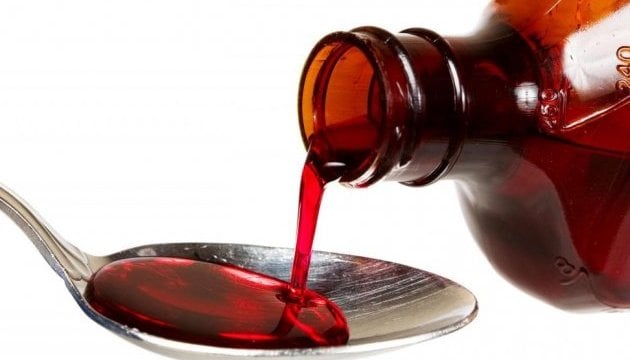Indian syrup kills again: more than ten children die after being poisoned by toxic drug
16 October 22:07
At least 14 children have died in the central Indian state of Madhya Pradesh after drinking cough syrup containing toxic diethylene glycol, a chemical used in industry that is deadly to humans.
This was reported byBloomberg, according to "Komersant Ukrainian".
Local authorities have banned the sale of the drug, revoked the license of the manufacturer, Sresan Pharmaceuticals, and opened a criminal case against it.
“The analyzes revealed dangerous concentrations of diethylene glycol exceeding the permissible limits,” said a state government spokesman.
What is this substance?
Diethylene glycol is a colorless, sweet-tasting liquid that is sometimes illegally used as a cheaper substitute for propylene glycol, the main solvent in syrups.
This “economical” choice often leads to acute kidney failure, especially in children.
Doctors emphasize that even small doses can be fatal, as diethylene glycol quickly accumulates in the body, causing poisoning, convulsions, and coma.
A systemic problem
This is not the first time India has been at the center of a scandal over toxic cough syrups.
According to the WHO, the country has been involved in dozens of similar incidents over the past two decades, claiming the lives of hundreds of children both at home and abroad.
Among the most famous cases:
- 2022, Gambia – more than 60 children died after consuming syrup produced in India.
- 2023, Uzbekistan – at least 19 deaths after taking an Indian drug with the same toxin.
These tragedies provoked international criticism of the quality of pharmaceutical production in India, which is also one of the largest exporters of medicines in the world.
Government response
After the incident in Madhya Pradesh , the state government halted production at Sresan Pharmaceuticals and ordered a total inspection of cough syrups on the market.
The Indian Ministry of Health has also announced new testing standards, including mandatory testing for diethylene glycol.
At the same time, experts emphasize that the root of the problem lies in weak quality control and low barriers for small pharmaceutical manufacturers that operate in the domestic market without proper certification.
Read us on Telegram: important topics – without censorship
International alarm
The WHO has called on the Indian government to strengthen oversight of drug exports, recalling that Indian drugs account for up to 20% of global generic supplies.
After the scandals of 2022-2023, some African countries have already suspended imports of Indian-made baby syrups.
“Each new incident erodes confidence in the Indian pharmaceutical industry, which for years has been considered reliable and affordable,” Bloomberg writes.
India promises to strengthen inspections in the domestic market and introduce electronic tracking of the origin of medicines.
But experts doubt that this will stop the crisis, as more than 8 thousand small pharmaceutical companies operate without proper control.
Watch us on YouTube: important topics – without censorship









